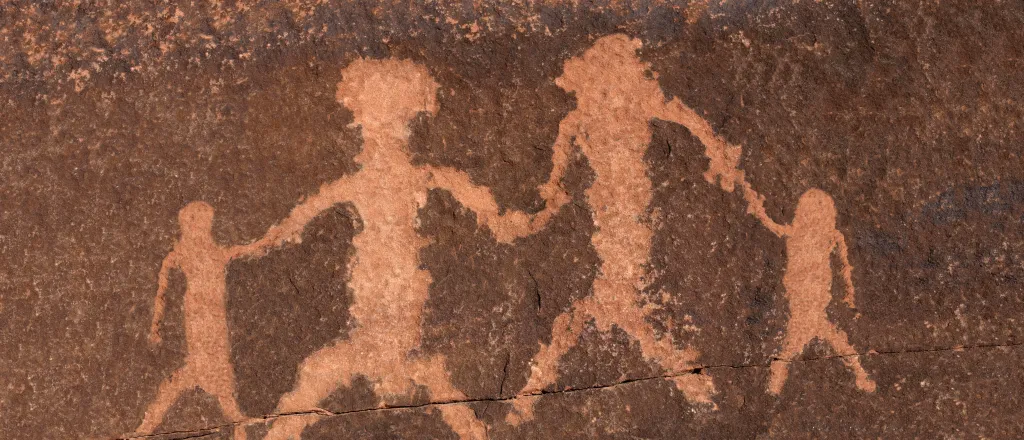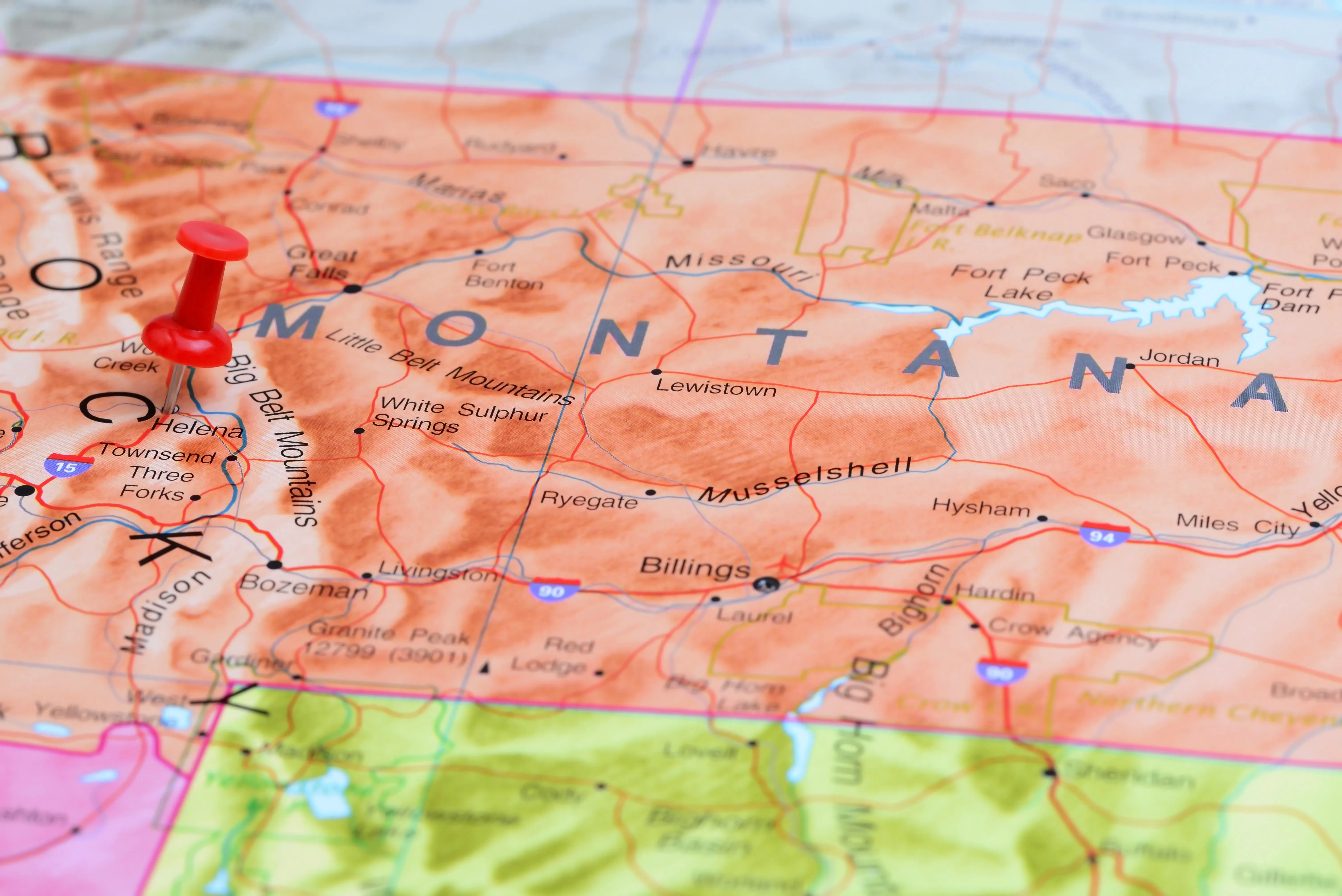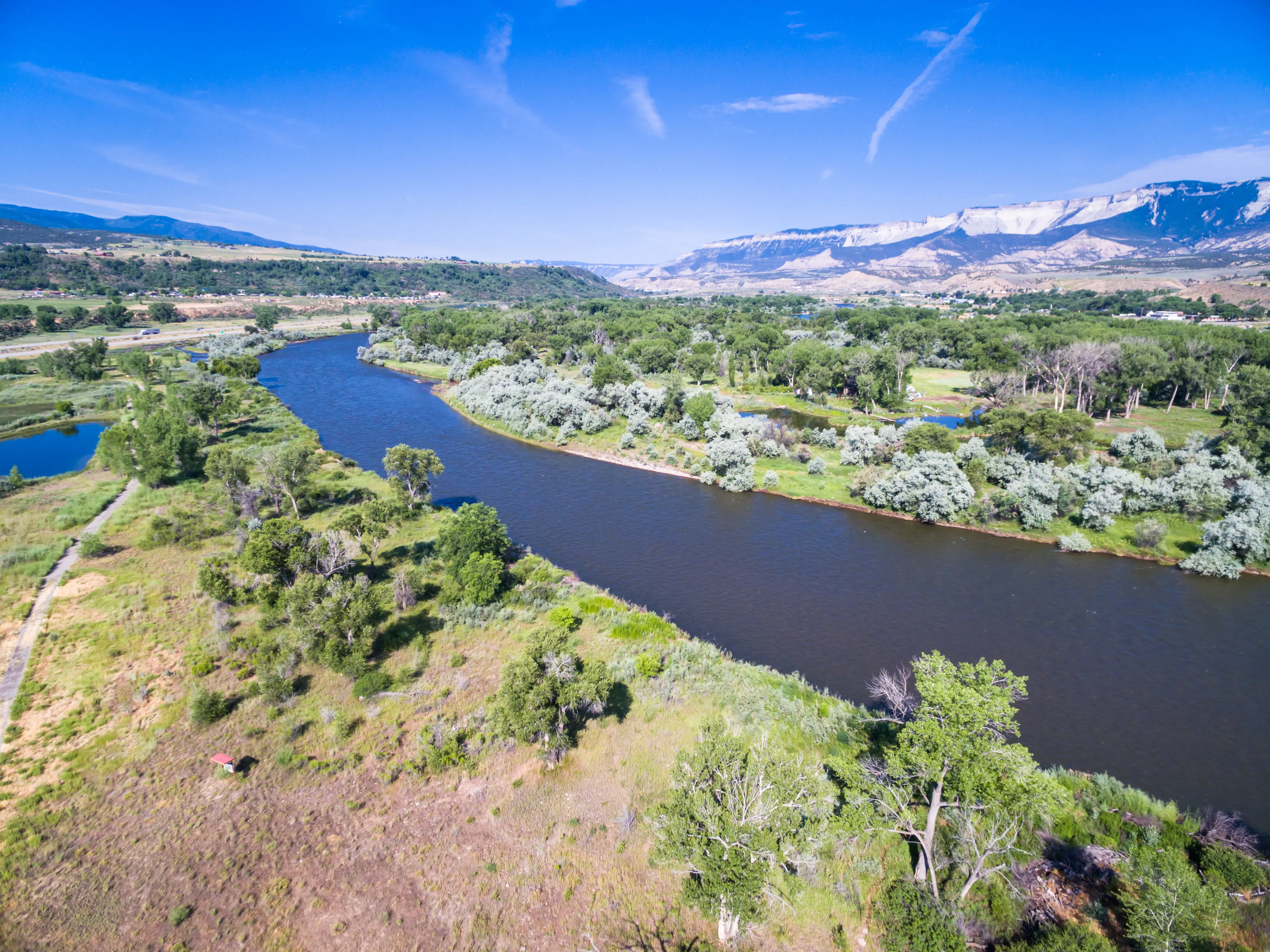
New Mexico restores Council on Missing, Murdered Indigenous People after protests
Click play to listen to this article.
(New Mexico News Connection) New Mexico has more missing Indigenous people than any other state, so the announcement that a disbanded investigative committee will be restored is welcome news to many families searching for answers.
Darlene Gomez, an Albuquerque attorney who specializes in tribal law, said New Mexico was a leader in having a state response plan to the epidemic of violence against Native women and people. She said that's why it was a shock when the governor's office ended its task force earlier this year without a public explanation.
"The rates in general for Native American women - they go missing 10 times more than their white counterparts," Gomez said. "Homicide is the third leading cause of death for Native women."
New Mexico's "Missing and Murdered Indigenous Women and Relatives Task Force" issued a state response plan in 2022. The sudden dissolution of the original group led to a November protest at the Roundhouse.
The governor has said she wants to bring more law-enforcement representatives to the table to help address the issue. But Gomez doesn't want to see community activists, nonprofits and family members who participated in the original group left out when the new commission begins meeting next year.
"I think they just thought, 'We'll just end it. Nobody will hold us accountable and then we'll just move on.' Because in the past, Native Americans have demanded justice but not in a voice that was ever heard," she added.
Gomez said she, and many others, consider it unacceptable that not enough has been done to tackle cases of missing Native Americans.
"One of my childhood friends went missing on St. Patrick's Day in 2001, and she's still missing today. And so, the effects that it has on the family members after someone goes missing or is murdered are long-term - it effects generation after generation," Gomez continued.
In addition to New Mexico and other states such as Arizona, the federal government is weighing recent recommendations for addressing the problem nationwide.

















